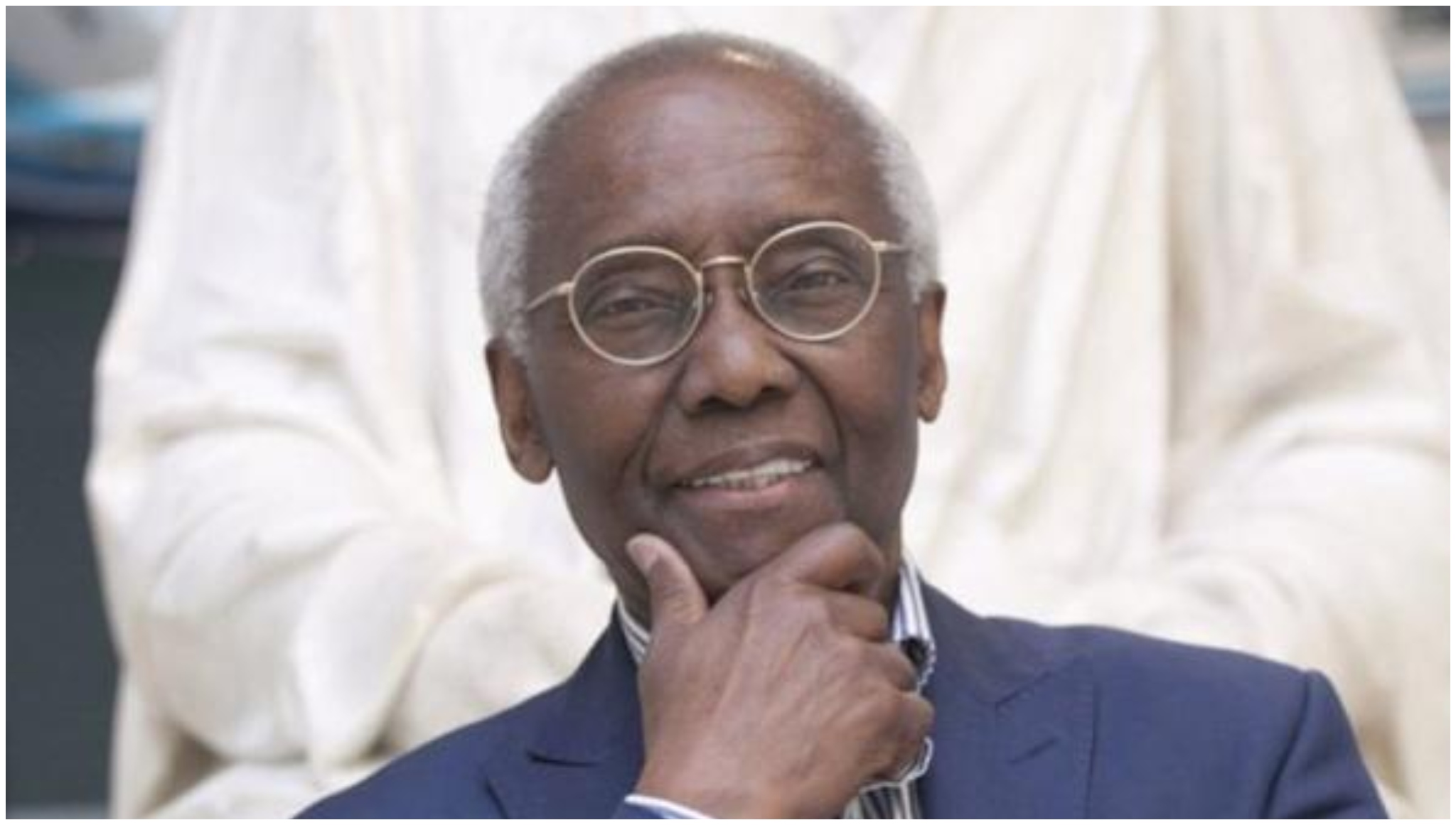Sir Geoff Palmer, Scotland’s first Black professor and renowned grain scientist, has died at age 85. The Jamaican-born academic made history at Heriot-Watt University while becoming a passionate advocate for human rights. His death represents a significant loss for both the scientific community and civil rights movement in Scotland.
Palmer moved from Jamaica to London in 1955 as a teenager to join his mother. He later became a groundbreaking figure in Scottish academia and social justice advocacy. His life story exemplifies determination and excellence in overcoming barriers to achieve remarkable success.
Scottish political leaders and academic colleagues have paid tribute to Palmer’s extraordinary contributions. First Minister John Swinney described him as “a pioneer and an outstanding intellectual” who had a positive impact on Scotland. His legacy spans decades of scientific innovation and tireless work for equality and justice.
Academic Excellence Led to Historic Professorship and Scientific Breakthroughs
Palmer’s academic journey began at the University of Leicester before completing his PhD in grain science and technology. He earned his doctorate jointly with Heriot-Watt College and the University of Edinburgh in the 1960s. This educational foundation launched his distinguished career in food science and brewing technology.
After working in Surrey, Palmer returned to Heriot-Watt in 1977 and made history in 1989. He became Scotland’s first Black professor, breaking significant barriers in higher education. His appointment represented a milestone for diversity and representation in Scottish universities.
Furthermore, Palmer’s scientific work revolutionized the brewing industry through his innovative research. He invented the barley abrasion process, which deliberately damages grain husks to speed up malting. This breakthrough discovery transformed how breweries and distilleries process their raw materials.
Revolutionary Barley Process Earned International Recognition and Industry Awards
Palmer’s barley abrasion process became a game-changing innovation in the global brewing industry. The technique involves strategically damaging the protective husk of grains to accelerate malting processes. His discovery significantly improved efficiency and quality in beer and whisky production worldwide.
The American Society of Brewing Chemists recognized Palmer’s contributions with their Award of Distinction. Industry experts often call this honor “the Nobel prize of the beer world.” This prestigious recognition highlighted the international impact of his scientific work and innovation.
Additionally, the success of Palmer’s discovery attracted substantial funding for Heriot-Watt University. The investment helped establish the International Centre for Brewing and Distilling on campus. This center continues to advance research and education in brewing science and technology.
Human Rights Advocacy Extended Beyond Academic Achievements
Palmer became known as a passionate advocate for Black communities and civil rights throughout his career. His activism complemented his academic work and demonstrated his commitment to social justice. He used his prominent position to address inequality and discrimination in Scotland and beyond.
Edinburgh City Council invited Palmer to chair a review group examining the city’s colonial legacy. The Edinburgh Slavery and Colonialism Legacy Review Group investigated historical connections to slavery and colonialism. His leadership brought important historical truths to light and prompted necessary conversations about the past.
Moreover, the review group presented several significant recommendations to city officials. They urged Edinburgh City Council to apologize for the city’s historical role in slavery and colonialism. Palmer’s work helped ensure that uncomfortable truths about Scotland’s past were acknowledged and addressed.
Knighthood and Royal Honors Recognized Lifetime of Service and Achievement
Palmer received a knighthood in 2014 for his services to human rights, science, and charity. This honor recognized both his scientific contributions and his dedication to social justice causes. The knighthood highlighted his dual impact as both an academic pioneer and civil rights advocate.
Scotland awarded Palmer its highest royal honor, the Order of the Thistle, in recognition of his contributions. This prestigious award acknowledged his significant impact on national life and public service. The honor placed him among Scotland’s most distinguished citizens and leaders.
Furthermore, Jamaica appointed Palmer as the country’s first Honorary Consul in Scotland in 2018. He also received the Jamaican national honor, the Order of Distinction (Commander Class) in 2020. These appointments recognized his role as a bridge between Jamaica and Scotland throughout his career.
University Leadership Roles Continued Into Retirement Years
Palmer served as chancellor of Heriot-Watt University after his retirement from active teaching. He was appointed to this prestigious position in 2021, continuing his long association with the institution. His leadership helped guide the university’s strategic direction and maintain its academic excellence.
Professor Richard A Williams, Heriot-Watt’s principal and vice-chancellor, praised Palmer’s lasting impact. “Sir Geoff was an inspiration not just to me but to colleagues past and present, and countless students around the world,” Williams stated. His influence extended far beyond his formal retirement in 2005.
Additionally, Palmer’s infectious enthusiasm for education continued to inspire students and faculty. His passion for learning and discovery remained evident throughout his later years. The university community benefited from his wisdom and experience as chancellor and professor emeritus.
Political Leaders and Community Members Remember Inspirational Figure
Scottish Labour MSP Foysol Choudhury described Palmer as both a “father figure” and “courageous voice for justice and equality.” Choudhury revealed that Palmer was his father’s best friend and a mentor figure. The personal relationship highlighted Palmer’s impact on individual lives beyond his public achievements.
First Minister John Swinney expressed sadness about Palmer’s death and praised his contributions. “He had a hugely positive impact on Scotland and will be sorely missed,” Swinney stated. Political leaders across party lines recognized Palmer’s non-partisan commitment to improving Scottish society.
Edinburgh’s Lord Provost Robert Aldridge called Palmer a “true inspiration” who will “leave a lasting impression on Edinburgh.” He emphasized Palmer’s vital contribution to recognizing the capital’s historical links to slavery and colonialism. These tributes demonstrate the widespread respect Palmer earned across Scottish society.






Leave a Reply